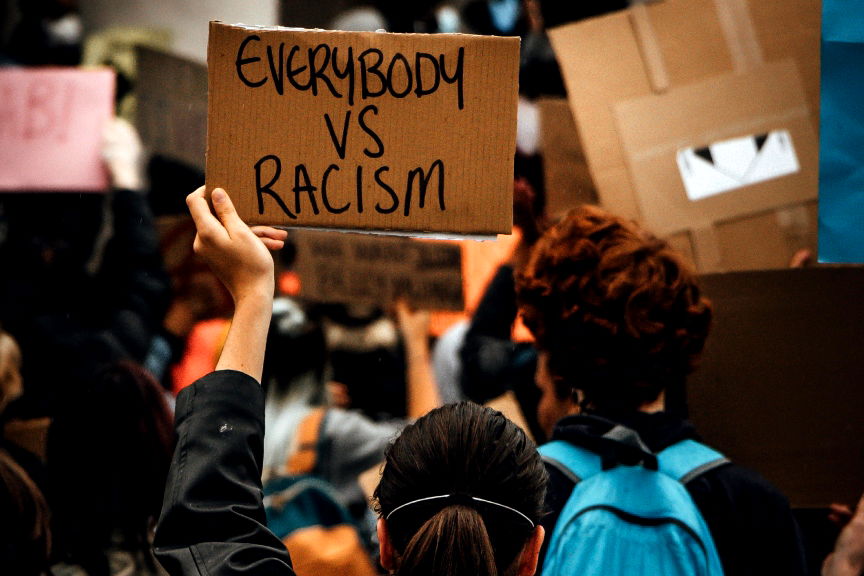70% of Asian Americans in NYC continue to feel unsafe: study


In a recent study, The Asian American Foundation (TAAF) examined the sense of safety among Asian Americans in New York City, finding that more than 70% still felt unsafe in public settings.
Feeling unsafe: Asian American New Yorkers reported feeling most unsafe on public transportation (51%), in their own neighborhoods (21%) and local markets (21%). Asian American women were specifically more likely (83%) to express concern for public safety in the city. Due to this perception, three out of four Asian Americans also reported changing habits and behaviors out of fear of being targeted. Almost one in two (48%) said they avoided going out late at night and 41% noted avoiding taking the subway or going into certain neighborhoods.
Widespread experience: According to the data, one in two (54%) respondents personally experienced being insulted, harassed, threatened or physically attacked in the past 12 months due to their race or ethnicity. More than half (62%) of Asian Americans in New York City also said they witnessed someone else experience a hate incident because of their race or ethnicity.
Reporting the incidents: When asked about reporting such incidents, less than half (46%) said they reported their own experience to anyone, but when shared, most often it was with a friend or family member (61%), followed by local or federal law enforcement agencies (54%, with only 29% going to the NYPD). Over 80% of Asian Americans who experienced a hate incident didn’t know they could report, how to report and/or felt uncomfortable reporting to law enforcement or officials.
Call for resources: To combat anti-Asian incidents, a large majority of Asian Americans strongly believe the following resources are necessary: better relations with police (67%), mental health services (62%), legal services (62%), senior services (60%) and youth activities (58%).
Overall, TAAF calls for a need in training on reporting hate incidents, increased accessibility to reporting, training in safely intervening in anti-Asian hate situations, improved relations with law enforcement and more support from local organizations and government agencies.
Unexpected results: While aiming to understand the current safety state of the Asian American, Native Hawaiian and Pacific Islander (AANHPI) community, TAAF CEO Norman Chen expressed shock at the alarming results of the study. Despite the issue receiving less media coverage, Chen stressed the ongoing urgency of the anti-Asian hate crimes crisis. He believes the study has accessed new segments of the population that had not been interviewed before since it was conducted in different languages.
“We were shocked by the results of the study,” Chen tells NextShark. “To think that one in five NYC APIs had directly experienced physical assault, just in the last year, it was really shocking and disturbing. There’s this common perception that the worst of anti-Asian hate has passed us and things have gotten better. But you know, certainly compared to pre-COVID, things are still very dire. It’s really disappointing. We need to be aware that this is still very much a crisis for our community.”
About the study: TAAF commissioned BSP Research to conduct the survey with a representative sample of 1,000 Asian American residents of New York City aged 16 to 82. Survey participants were interviewed both online (70%) and by telephone (30%) between Nov. 30 and Dec. 19, 2023.
TAAF plans to expand the study to other major cities across the country with large AANHPI populations to explore whether the issues identified in New York City are similar or different in other locations. This initiative builds upon TAAF’s existing anti-hate national network with over 45 partners funded in nine cities. The focus is on raising awareness within the network and collaborating with partners on innovative solutions to enhance safety.
Share this Article
Share this Article






